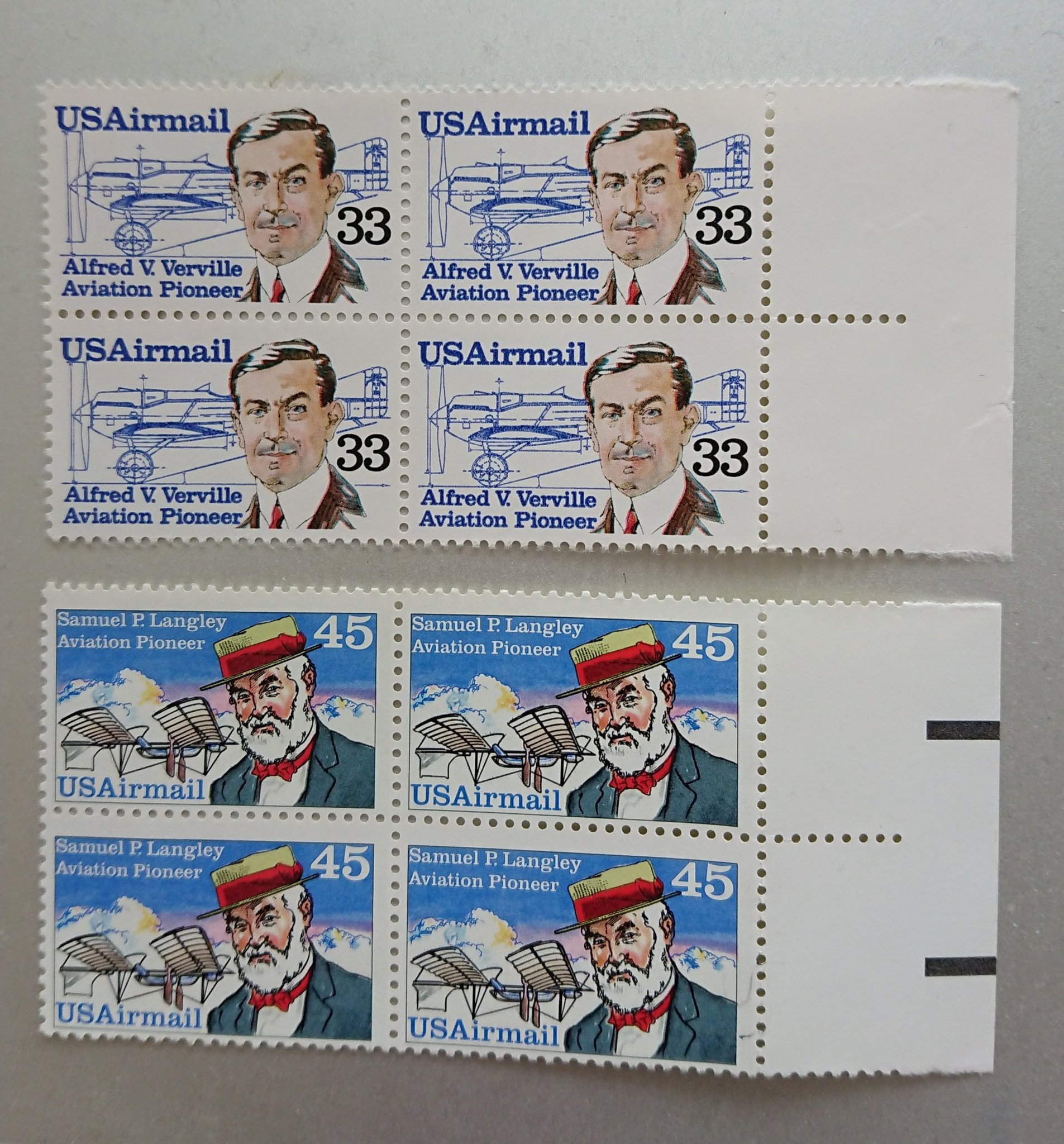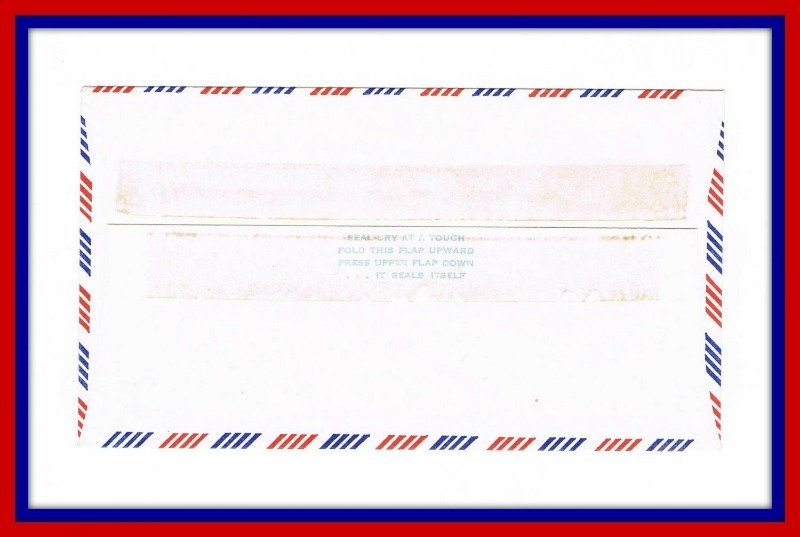


After that, steamships carried government mail. Before 1840, all transatlantic letters sent on British government vessels were carried on sailing ships. Consequently, there is a distinct difference between letters carried on private ships and those carried on the government contract vessels.

#United states airmail plus#
Those letters going beyond the port were charged the ship fee plus the normal inland fee, which was based on the number of sheets of paper in the letter and the distance traveled to its destination.īoth the British and the Americans charged larger fees for letters carried on government contract vessels than they charged for those carried on private ships. Regardless of the letter’s size and weight, those receiving letters addressed to ships’ the arrival ports paid only the incoming ship fee. The Americans paid the fee to the captains of American vessels only. The fee was reduced to two cents in March 1799. Privately owned sailing vessels carried the bulk of the transatlantic mail until the introduction of steamships in the mid-nineteenth century.Ī ship fee of four cents per letter was effective from June 1792 for letters entering the U.S. Letter writers in the United Kingdom preferred the faster, more reliable American sailing ships to the British government’s expensive sailing ship service, which used old and slow ships. This was especially true during the winter months. By the early nineteenth century, American ships, built with hardwoods so readily available in New England, withstood the rigors of the Atlantic crossings far better than the British sailing ships. The incoming ship fee was eight-pence by mid-1815, four times what it had been a century earlier.Īfter American independence, the shipping industry in the new nation flourished. As the British saw a revenue-generating opportunity from the ship letters, they gradually increased the ship fee. An inland fee from the port to the destination of the letter was also collected. This amount was recovered from the letter recipient. Captains carried these letters without charge.Īs early as 1711, the British provided a ship captain one penny for each letter delivered to the post office when the ship arrived. Letters related to the cargoes they carried, often called ‘bills of lading’, were exceptions. Immediately upon arrival, they delivered all the letters to the post office of the arrival port, where they received a small fee for each letter. Though not documented, they probably charged small fees for this service.

Royal Mail have no control over UPU and Country specific restrictions regarding prohibited and restricted items and it is your responsibility to check whether your items are allowed.As a favor to individual letter writers, sailing ship captains carried letters to their vessel’s destinations. Please note: Specific Country restrictions and changes may be enforced at short notice, so for any clarification please contact the destination country’s trade, postal and customs authorities as appropriate. You can also use the UPU CDS search function here.To check that your item is allowed to be sent to the USA please visit the UPU Country specific list here and scroll down to the USA. The destination country also set their own rules around which items are prohibited and/or restricted.To identify whether your item is allowed, please visit Article 19 which contains a detailed list of items that are not admitted in the International mail flow here. Each post around the world must follow the Universal Postal Union (UPU) rules applicable to letter post and postal parcels regarding prohibited and restricted items.Royal Mail prohibits and restricts certain categories of items, please click here to check that your item is allowed within our network.Please ensure that you follow the below guidelines before sending your items to the USA Prohibitions and restrictions vary from country to country and can sometimes apply to items which you may think are ordinary so please check the criteria carefully. Restricted items are allowed under certain conditions. Prohibited items are forbidden and must not be sent.


 0 kommentar(er)
0 kommentar(er)
